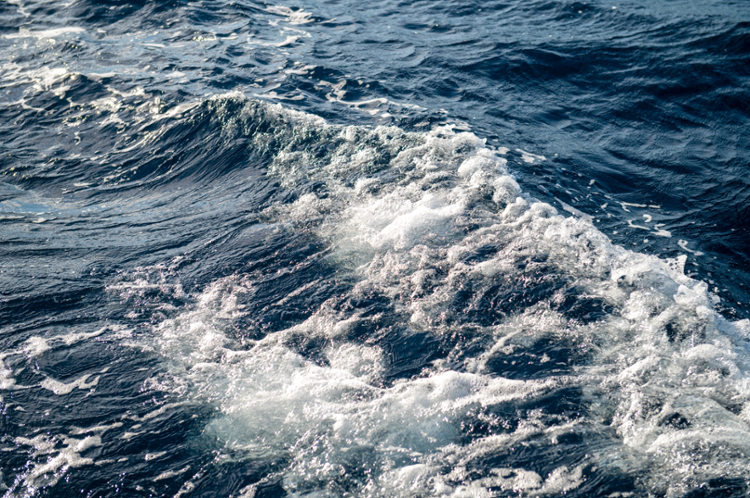Harte Research Institute and Meadows Center Establish Joint Program for Environmental Water Economics, Name Yoskowitz as Scholar
CORPUS CHRISTI, Texas – Ensuring a stable, lasting water supply will be a key factor in the long-term sustainability of many Texas communities. To better our understanding on the future economics of water availability and quality and its impacts on the economy, the Harte Research Institute for Gulf of Mexico Studies at Texas A&M University-Corpus Christi is partnering with the Meadows Center for Water and the Environment at Texas State University to create the Mitchell L. Mathis Program for Environmental Water Economics.
The joint program will be led by HRI Senior Executive Director Dr. David Yoskowitz, who will serve as the Mitchell L. Mathis Scholar to support the program’s development and application of new research methods toward water management and planning directed at resolution of water problems. During his two-decade career, Yoskowitz has focused on the economic and environmental study of water.
“The solutions that are needed for the most pressing water challenges do not rest in the domain of one discipline or group. I am hopeful that by bringing together the energy harnessed in the academic, philanthropic, NGO, and agency communities that Texas can continue to evolve its leadership in this area,” Yoskowitz said. “The Mitchell L. Mathis Program for Environmental Water Economics can play an important role in this integrated approach.”
The Harte Research Institute was founded on a mission of employing interdisciplinary research and diverse partnerships to discover the best solutions for the Gulf of Mexico region’s environmental problems. Because the institute recognizes people as a part of a working environment, socio-economics are an important part of the policy puzzle when solving complex environmental issues. The program will bring the next generation of socio-economic tools, education, and outreach to address current water issues, and future challenges, in a holistic manner.
“Ensuring adequate supplies of clean water for Texas’ economic growth, agriculture and environment will be the defining natural resource issue of the 21st century,” said Dr. Robert E. Mace, Executive Director of the Meadows Center. “We are very excited about this program and believe it will create the ability for Texas State and the Meadows Center to contribute sound economic input into decision-making related to water resource management and nurture a new generation of water resource economics practitioners.”
Funding for the program was provided through generous contributions from The Meadows Foundation, the Cynthia and George Mitchell Foundation, as well as matching funds from the Texas Research Incentive Program.
The Mathis Program for Environmental Water Economics is named after the distinguished environment and resource economist Dr. Mitchell L. Mathis, who died in 2005. Dr. Mathis brought the important socio-economic aspects of water resource management to light with cutting edge environmental economics work. His work contributed important insights to the field of resource economics and the economic methodologies used to value natural resources and ecosystem services.
About The Harte Research Institute
The Harte Research Institute for Gulf of Mexico Studies (HRI) at Texas A&M University-Corpus Christi is dedicated to advancing the long-term sustainable use and conservation of the world’s ninth-largest body of water and the countries and people that surround it. Established in 2000, HRI integrates natural and socio-economic research with public policy to provide international leadership in generating and disseminating knowledge about the Gulf of Mexico ecosystem and its critical role in the economies of the North American region.
About The Meadows Center for Water and the Environment
The Meadows Center for Water and the Environment at Texas State University was named following a generous gift from The Meadows Foundation in August 2012. The Meadows Center inspires research, innovation and leadership that ensures clean, abundant water for the environment and all humanity.






